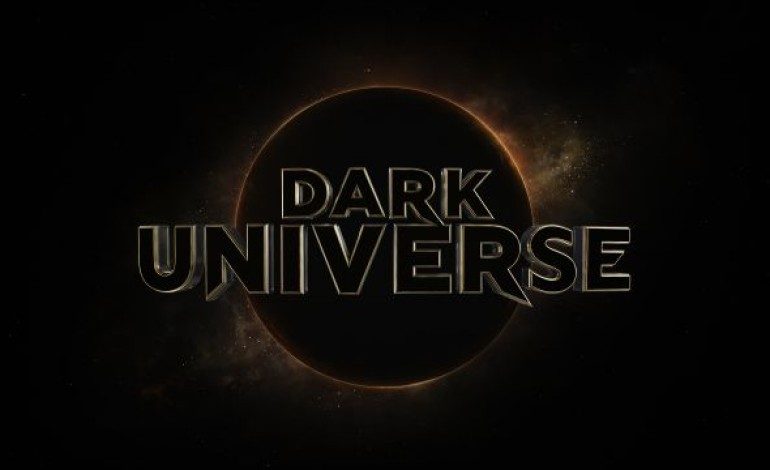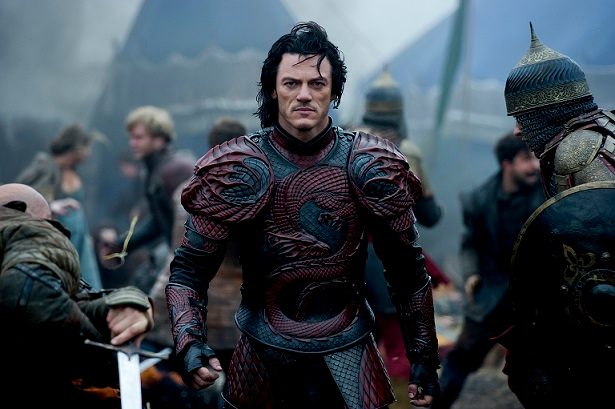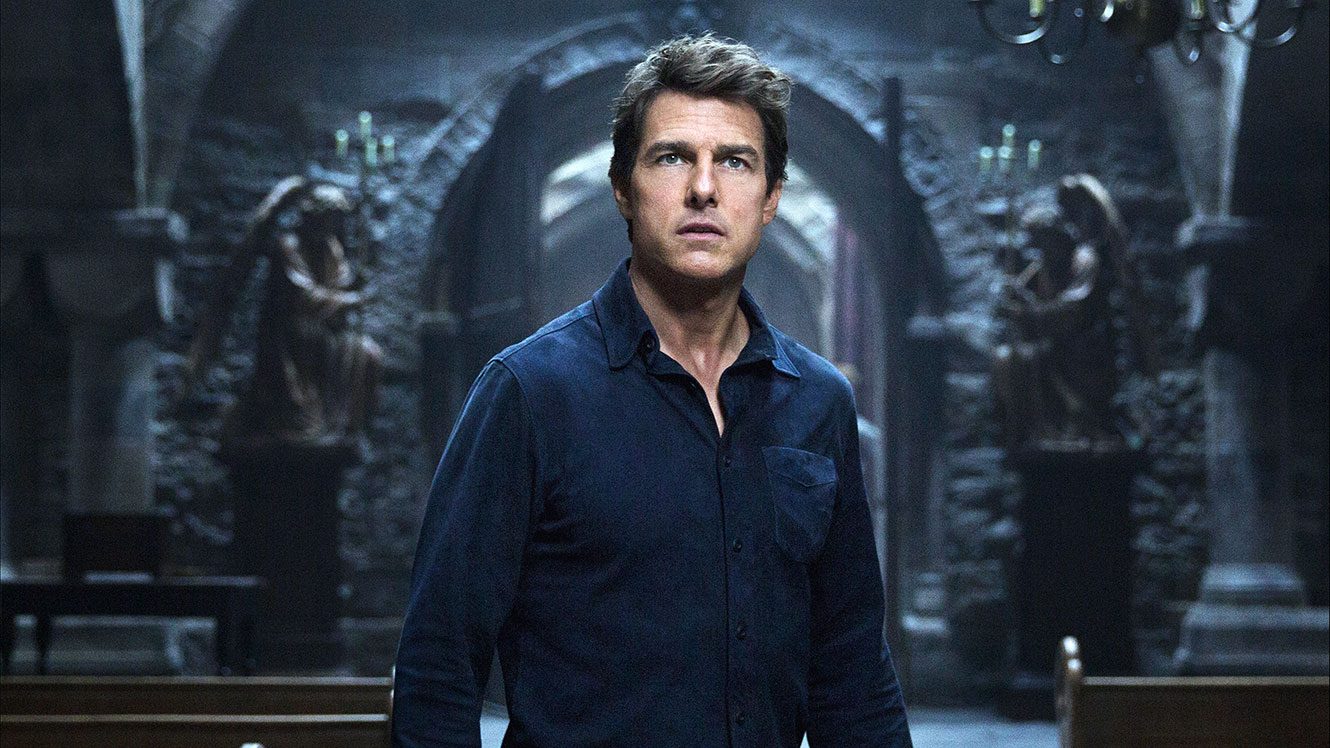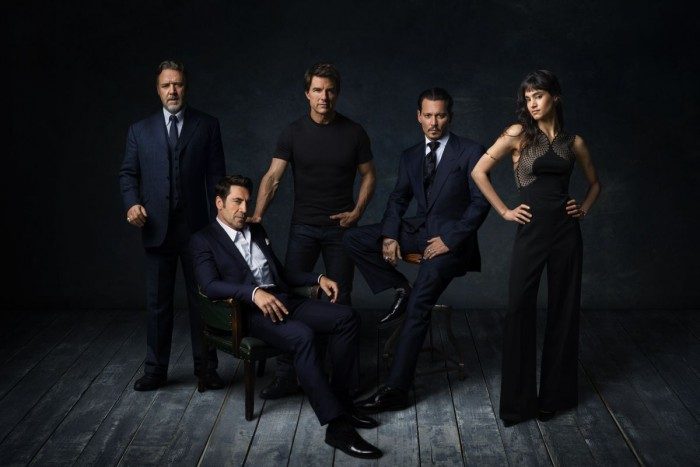

In a market dominated by superhero films, it can sometimes be hard to stand out in the crowd and be a financial success. In the following decades, if there’s one thing the 2010s will be remembered for among film historians, it will be the heyday of the cinematic universe. What started as an experimental post credits tease in Iron Man (2008) became the most dominant force in box office history. The Marvel Cinematic Universe continues to shatter record after record, and not surprisingly, many imitations have followed.
Many studios have tried their hand at the cinematic universe. The DC Extended Universe is closest example, trying to mirror Marvel’s success with their own superheroes. Despite some strong box office performances, the critical reception has left much to be desired. Warner Bros. has also pushed the MonsterVerse starring Godzilla and Kong, but is seeing mixed results on that front as well. In the middle of the 2010s, most big studios began looking through their catalog desperate to see what of their properties could become the “next big thing”. One competitor was Universal, looking to throw its hat into the ring with the classic Universal Monsters.
The concept of a shared Universal monster franchise is nothing new. Even as early as the 1940s, Universal was having their monsters crossover and do battle with one another. There was little regard for continuity, but the box office appeal of the crossover was apparent even then. The first attempt at kick starting this universe came in 2014 with Dracula Untold. This more action focused tale almost puts Dracula in a superhero type role. It was met with poor to mixed audience reception. Many felt the film was too far removed from the gothic appeal of the novel and original 1931 film, and instead was nothing more than a generic action movie with a marketable name slapped onto the cover.


During post production on Dracula Untold, reshoots were done to work the film into the proposed “Dark Universe” that Universal was planning. Untold ends with a scene in present day hinting at Dracula’s return in the future. Since the film was so poorly received, focus shifted to 2017’s The Mummy as a new, fresh start for the universe. The film starring Tom Cruise was a new take on the monster, featuring Sofia Boutella as Ahmanet, the titular mummy. She plans to awaken the Egyptian God of War Seth and lay destruction to the world. She is thwarted by Tom Cruise’s character Nick Morton, who falls under the influence of Seth, setting up an open ending where Nick’s path is unclear.
The film also introduces Russel Crowe as Dr. Henry Jekyll and Edward Hyde. Jekyll is the leader of a secret organization dedicated to hunting monsters known as Prodigium. The scenes involving Jekyll and Prodigium are where most of the world building takes place, and it’s here where The Mummy stumbles at setting up a universe. The presence of Prodigium is a thinly veiled attempt at creating an entity like S.H.I.E.L.D. or Monarch from the Marvel Universe and MonsterVerse respectively, with Jekyll even serving a role similar to Nick Fury. The film crams so much exposition and set up into these scenes that it’s distracting. Crowe is Jekyll simply because the studio felt the need to add more monsters to the film. His dramatic shift to Hyde in the film does little to serve the story and instead just offers more distractions and allusions to a larger world.
The Marvel Cinematic Universe started small. The first two films, Iron Man and The Incredible Hulk are for the most part standalone films, only featuring teases of the larger world in post credits scenes. Gradually films like Iron Man 2, Thor, and Captain America: The First Avenger would build more and more until it all came together in The Avengers. Despite this success, Marvel has still received its fair share of criticism for focusing too much on build up instead of telling a cohesive story. Age of Ultron in particular was met with this critique. It’s a common trap that studios fall into when setting up these cinematic universes. Instead of taking Marvel’s gradual pace, they cram a huge information dump into the first few films. Batman v. Superman was notorious for this in its email scene where Wonder Woman goes through video clips one by one of different superheroes that have no bearing on the story and are simply there to set up future appearances.


Universal, in addition to rushing the development of the universe, failed to consider how their characters would transition to the Marvel superhero format. By the end of The Mummy, Universal has presented an anti-hero Dracula and a morally questionable Tom Cruise in place of the Mummy. There were plans to introduce others like the Invisible Man and Frankenstein’s monster. The plan was to bring them all together but the manner in which was never known. What’s clear from all the creative decisions made by Universal was that they wanted to do a superhero universe but didn’t have any that they owned the rights to so they took one of their most recognizable properties and tried to place the square peg into a round hole.
The Universal monsters, in their traditional incarnations, have no reason to come together for an Avengers style team up. They aren’t moral beings trying to save the world, they are quite literally monsters. Universal has clearly tried to amend this by turning their characters into more heroic figures but at that point they cease to be themselves. People are drawn to the monsters for their monstrous qualities, their gothic atmospheres, and their suspenseful stories. The film could in theory focus on characters like Jekyll and Van Helsing in their attempt to stop the monsters, but the films don’t spend the time to develop them into compelling leads, instead focusing on the monsters since they are put into these superhero like positions. This is only compounded by casting big name actors like Johnny Depp to play the Invisible Man. It’s clear who the focus is intended to be on.
Perhaps unsurprisingly, The Mummy was a financial flop and received negative reviews from critics and audiences alike. Plans for the Dark Universe came to a halt and subsequent films have been scrapped or reworked to be standalone pieces. 2020’s The Invisible Man was originally a Dark Universe film starring Johnny Depp but was retooled to be its own entity and was met with much more positive audience reception. Marvel continues to chug away with their titanic franchise, and the DCEU and MonsterVerse are expected to continue for the foreseeable future despite a few stumbles. Universal’s plans going forward are unclear, but it’s likely that more standalone creature features will be coming.


Time will tell the fate of the cinematic universe. The MCU seems too big to fail but so did westerns and musicals decades ago. When film historians look back on this period, they will likely see a tremendous financial achievement in film, surrounded by several failed imitations. The Dark Universe may have crashed and burned, but the recent Invisible Man film shows that Universal is at the very least willing to adapt. Hopefully they come to recognize that what people want out of their catalogue isn’t a superhero epic, but a series of gripping, suspenseful stories about monsters and their dark exploits.
